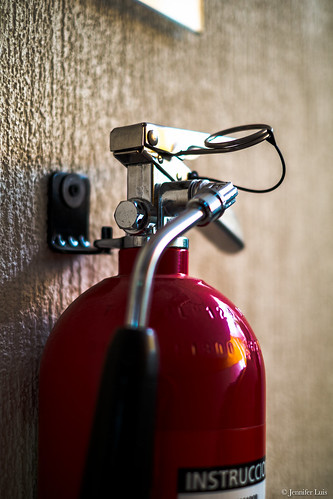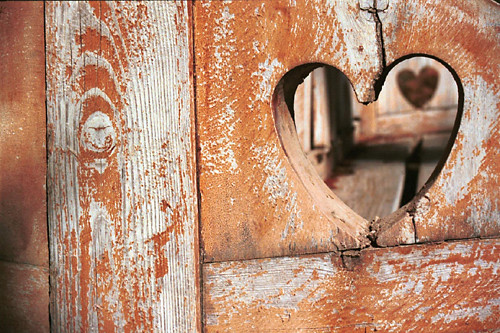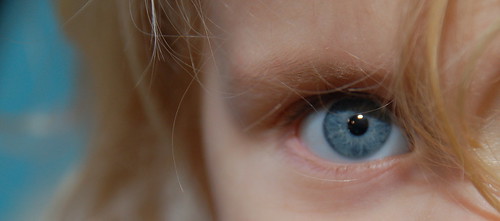by Ron Gibson, Jr.
after Maggie Nelson
This cursor blinks its steady pulse: birth pangs of the universe.
❦
Once we were a void. Once we were beautiful.
Where once a beautiful void, big rigs now knife down the interstate between frosted hills, under a blue period, a finality I cannot dispute, redistributing the future without you.
*
When we read books together, we would wear the author’s skin for a time. The fresh scars, the humility, the beauty. Their story became our story.
For weeks after Maggie Nelson’s ‘Bluets,’ blue dealt blows to the senses, it intoxicated. It made me question my relationhip with the world around me, and made you question your relationship with the world within you.
*
Humans have difficulty understanding evolution, difficulty understanding what we do not see. We do not see slowly moving changes to our world.
*
When I looked at you, through you, you became more haze than you. Each day you became more blue. Each day the hue deepened, and soon you were a fossil to record, a footprint to cast, only our words left tripping over snow-falling asterisks on blue screen, lost.
❦
This cursor still blinks steadily: product of an event beyond our control.

 Ron Gibson, Jr. has previously appeared in Noble / Gas Quarterly, Pidgeonholes, Maudlin House, The Vignette Review, Ghost City Review, Cease Cows, Spelk Fiction, Ink in Thirds, Gravel Magazine, etc. And can be found on Twitter at @sirabsurd.
Ron Gibson, Jr. has previously appeared in Noble / Gas Quarterly, Pidgeonholes, Maudlin House, The Vignette Review, Ghost City Review, Cease Cows, Spelk Fiction, Ink in Thirds, Gravel Magazine, etc. And can be found on Twitter at @sirabsurd.


 During the day, James A. Miller works as an Electrical Engineer in Madison WI. At night, he spends time with his family and does his best to come up with fun and creative fiction. He is a first reader for Allegory e-zine and member of the Codex writer’s group. He also has two cats but will resist the urge to say anything cute or witty about them here. He blogs at
During the day, James A. Miller works as an Electrical Engineer in Madison WI. At night, he spends time with his family and does his best to come up with fun and creative fiction. He is a first reader for Allegory e-zine and member of the Codex writer’s group. He also has two cats but will resist the urge to say anything cute or witty about them here. He blogs at 
 Ruchira Mandal has a day-job as an Assistant Professor of English Literature and tries to write in between checking millions of answer scripts. She has sporadically published travelogues in newspapers, fiction and poetry in a variety of medium and has also been part of a few indie anthologies. You can follow her
Ruchira Mandal has a day-job as an Assistant Professor of English Literature and tries to write in between checking millions of answer scripts. She has sporadically published travelogues in newspapers, fiction and poetry in a variety of medium and has also been part of a few indie anthologies. You can follow her 



 J. Bradley is the author of the forthcoming story collection, The Adventures of Jesus Christ, Boy Detective (Pelekinesis, 2016). He lives at
J. Bradley is the author of the forthcoming story collection, The Adventures of Jesus Christ, Boy Detective (Pelekinesis, 2016). He lives at 

 Pamela Hobart Carter has worked as a geologist and teacher before becoming a writer. A few of her short, short plays have been produced in Seattle where she lives. More about Pam and her writing is at
Pamela Hobart Carter has worked as a geologist and teacher before becoming a writer. A few of her short, short plays have been produced in Seattle where she lives. More about Pam and her writing is at 
 Casi Scheidt is a recent Southern Illinois University college graduate (B.A., English, Creative Writing), and currently lives in North Carolina. While in college, three of her poems, “The Bad Year,” “To Leave Charleston,” and “For the Woman Who Has Failed to Protect Her Virtue” were included in the university’s literary magazine,
Casi Scheidt is a recent Southern Illinois University college graduate (B.A., English, Creative Writing), and currently lives in North Carolina. While in college, three of her poems, “The Bad Year,” “To Leave Charleston,” and “For the Woman Who Has Failed to Protect Her Virtue” were included in the university’s literary magazine, 
 Rita was born in Drogheda, Ireland but left the Emerald Isle to work as a nursing sister in South Africa. She’s been fortunate to live in many interesting places, including Zimbabwe, finally settling down in a small fishing village on the South Coast of Natal. Now retired, she has the time to pursue a life-long desire to write about the many characters and situations encountered along life’s journey, which lie in wait, like hidden treasure in her memory box.
Rita was born in Drogheda, Ireland but left the Emerald Isle to work as a nursing sister in South Africa. She’s been fortunate to live in many interesting places, including Zimbabwe, finally settling down in a small fishing village on the South Coast of Natal. Now retired, she has the time to pursue a life-long desire to write about the many characters and situations encountered along life’s journey, which lie in wait, like hidden treasure in her memory box.